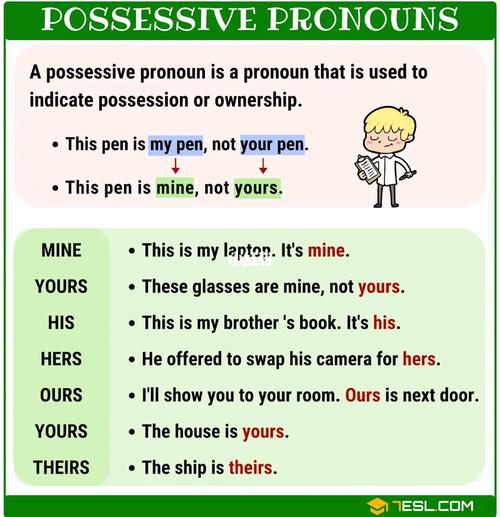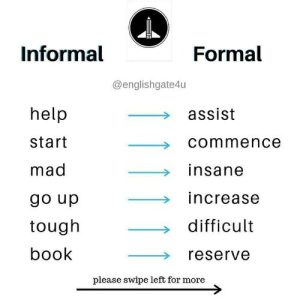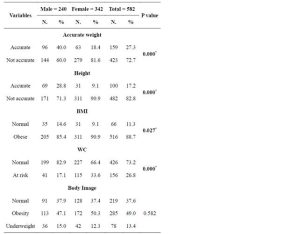Tons to Metric Tons: A Comprehensive Guide
Understanding the conversion between tons and metric tons is essential for various industries, from construction to logistics. Whether you’re dealing with shipping, manufacturing, or simply trying to make sense of a product’s weight, this guide will help you navigate the nuances of these units of measurement.
What is a Ton?

A ton is a unit of mass commonly used in the United States and a few other countries. It can refer to either the short ton (2,000 pounds) or the long ton (2,240 pounds). The short ton is the most commonly used in everyday applications, while the long ton is more prevalent in shipping and heavy industry.
What is a Metric Ton?

A metric ton, also known as a tonne, is a unit of mass in the metric system. It is equal to 1,000 kilograms, which is equivalent to approximately 2,204.62 pounds. The metric ton is the standard unit of mass in most countries around the world.
Conversion Factors

Converting between tons and metric tons is straightforward. Here are the conversion factors you need to know:
| From | To | Conversion Factor |
|---|---|---|
| Short Ton | Metric Ton | 0.9072 |
| Long Ton | Metric Ton | 1.0160 |
Converting Tons to Metric Tons
Let’s say you have a shipment that weighs 5 short tons. To convert this to metric tons, you would multiply 5 by the conversion factor of 0.9072:
5 short tons 0.9072 = 4.536 metric tons
Converting Metric Tons to Tons
Conversely, if you have a product that weighs 10 metric tons, you can convert this to short tons by dividing 10 by the conversion factor of 0.9072:
10 metric tons / 0.9072 = 11.023 short tons
Applications of Tons and Metric Tons
Understanding the conversion between tons and metric tons is crucial in various industries:
-
Construction: When ordering materials, it’s important to know the weight in both units to ensure accurate delivery and prevent overloading.
-
Shipping: The weight of cargo is often measured in metric tons, especially for international shipments.
-
Manufacturing: Many products have weight specifications in metric tons, making it essential for manufacturers to understand the conversion.
-
Logistics: When planning transportation, knowing the weight in both tons and metric tons can help optimize routes and ensure compliance with regulations.
Common Misconceptions
There are a few common misconceptions about tons and metric tons:
-
“Ton” is always the same as “metric ton”: This is not true. The term “ton” can refer to both the short ton and the long ton, while the metric ton is always 1,000 kilograms.
-
1 ton is equal to 1,000 pounds: This is only true for the metric ton. The short ton is 2,000 pounds, and the long ton is 2,240 pounds.
-
Converting between tons and metric tons is difficult: With the right conversion factors, it’s a simple process.
Conclusion
Understanding the conversion between tons and metric tons is essential for various industries and everyday life. By knowing the conversion factors and applying them correctly, you can ensure accurate measurements and avoid costly mistakes.





